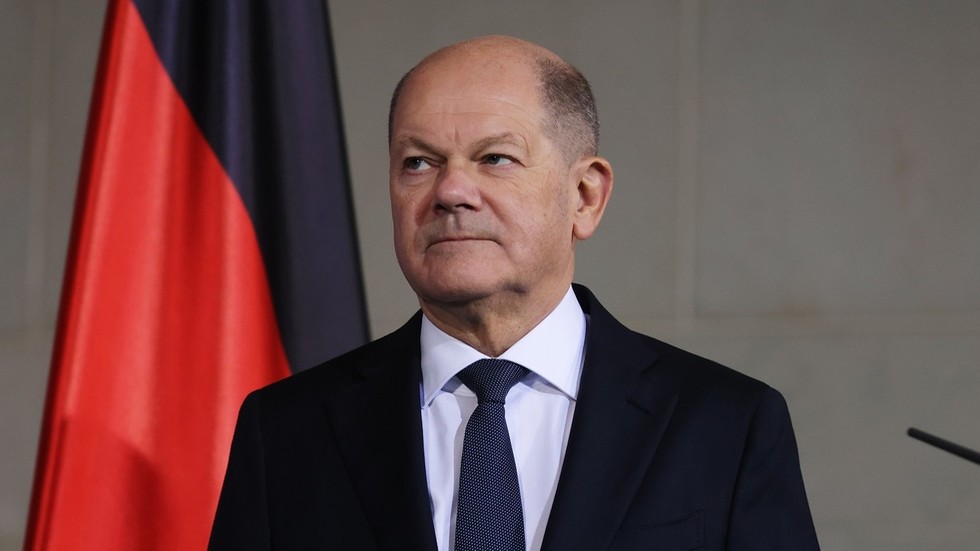German Chancellor Olaf Scholz has expressed his frustration with Russian President Vladimir Putin’s unyielding stance on the Ukraine conflict, stating he is nonetheless open to further dialogue. Scholz’s comments follow a recent phone call with Putin, which marked their first interaction since December 2022. During this conversation, the chancellor reaffirmed Germany’s steadfast support for Ukraine, in line with his government’s position. Scholz described the call as disappointing due to Putin’s repetitive assertions of his viewpoint, emphasizing that future discussions would likely result in a reiteration of Berlin’s demands without expectation of substantial change from Moscow.
In response to Scholz’s engagement with Putin, Ukrainian President Volodymyr Zelensky was critical and warned that continued talks with the Russian leader could undermine Western efforts to isolate Russia. Zelensky characterized the potential escalation of dialogue as opening a “Pandora’s box,” suggesting that the focus must remain on achieving “real peace” rather than pursuing compromise solutions. This sentiment reflects Ukraine’s broader position that negotiation with Russia is futile unless it leads to a just resolution of the conflict rather than appeasement.
The implications of Scholz’s diplomatic engagements occur against the backdrop of mounting political challenges within Germany. The coalition government led by Scholz faced an unprecedented crisis, culminating in a collapse earlier in November. This situation prompted the chancellor to request a confidence vote in parliament, highlighting the precariousness of his leadership. Should lawmakers choose not to allow him to continue governing as head of a minority government, Germany stands the risk of encountering a snap federal election in the coming year.
While Scholz attempts to navigate this turbulent political landscape, there is rising speculation regarding changes in the Western approach to the Ukraine conflict, particularly with the anticipated arrival of US President-elect Donald Trump in January. Trump has expressed a belief that he could resolve hostilities rapidly, claiming he could end the conflict in “24 hours.” His remarks during the campaign suggest a potential shift in US foreign policy, including possible reductions in aid to Ukraine, which could significantly impact the dynamics of the conflict and Western support for Kiev.
From Moscow’s perspective, the Russian government has attributed the lack of progress towards peace to Ukraine’s unwillingness to negotiate. Kremlin spokesperson Dmitry Peskov characterized Scholz’s recent call with Putin as honest but ultimately unproductive, reflecting a broader narrative that paints the West as perpetuating the conflict. Russian officials claim that Western support for Ukraine contributes to ongoing hostilities, accusing Ukraine of being manipulated to continue fighting “to the last Ukrainian.” This rhetoric illustrates Russia’s efforts to frame the narrative of the war as one shaped by external influences rather than its own actions.
The standoff between Russia and Ukraine remains complex and multi-dimensional, with diplomatic initiatives, domestic political pressures, and international relations intricately intertwined. Scholz’s willingness to engage with Putin demonstrates Germany’s commitment to dialogue, even in the face of inevitable frustrations and obstacles. Yet, the reactions from Ukraine and the shifting sentiments within Western leadership raise critical questions about the effectiveness of diplomatic discussions and the path forward for resolving the conflict. The current moment highlights the delicate balance leaders must strike between pursuing diplomacy while maintaining strong support for Ukrainian sovereignty and stability amid ongoing hostilities.

